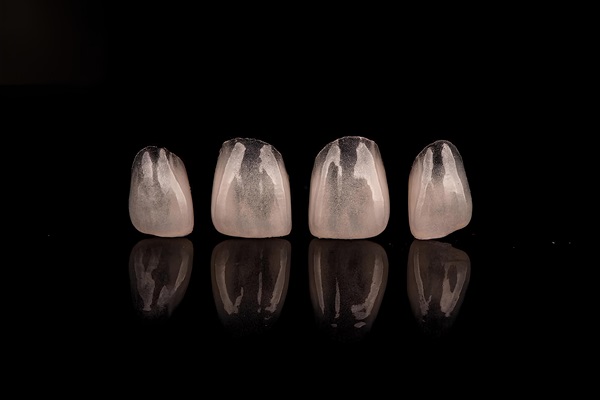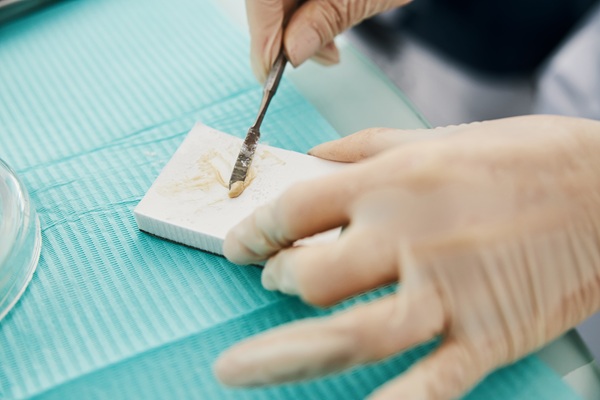What Is a Dental Crown and When Do You Need One?

Curious about dental crowns? Read on to learn more about this type of restoration. If a dentist determines that you need a dental crown, there are several reasons why they may make that suggestion. A crown is a common dental restoration to cover and protect a tooth with compromised structural integrity. Their natural appearance and feel make them a popular choice for aesthetic purposes, too.
What is a dental crown?
The purpose of a dental crown is to cover a badly damaged or decayed tooth. The crown is more like a tooth-shaped cap with a hollow in it. The crown could be placed as a support for a dental bridge or as a cover for dental implants. The material used for dental crowns varies, based on the purpose and position of the tooth. However, the most popular choice is porcelain because it mimics the appearance of natural teeth.
When is a crown necessary?
Some of the most common reasons for recommending dental crowns are:
- Root canals: Root canal treatment is a vital dental procedure to remove diseased or damaged pulp tissue from the interior of a tooth. The pulp chamber is then sealed to avoid more infection or damage. When an infection necessitates a root canal, a cap is often required to protect the tooth from further damage because removing pulp tissue makes it extra brittle.
- Large fillings: Any tooth that needs a large filling or has had many smaller ones may need a crown to protect its structure.
- Cracked tooth: If your tooth is fractured, you may not always need a crown. If the fracture is painful, has a cavity, or requires a root canal, a crown will be necessary.
Crowns are a great cosmetic solution for many problems, including discolored, spaced-out, or misaligned teeth.
Getting a dental crown
While gold and porcelain are the most common materials for dental crowns, other options are available as well. The dental professional will always prioritize the patient’s needs by selecting a material that provides optimal chewing support and has a better appearance.
It usually takes two visits to the dentist's office to get a dental crown. The first step is preparing the tooth for the crown application. During this appointment, the dentist will make a cast of the tooth to fabricate a temporary crown. Before starting, they will apply local anesthetic on the tooth to ensure the patient’s comfort throughout the whole process.
Preparing the tooth for the crown requires slightly smoothing down the surface of the tooth. They will take another impression of the gums and teeth after preparation for the customized permanent crown. In the meantime, they may place a temporary crown to protect the tooth, if needed.
A dental lab will use an imprint of the teeth to make a crown for the patient. This will ensure that the crown fits snugly. During the second appointment, the dentist will take out the temporary crown and test the new crown’s fit and alignment. They will then cement the crown into place.
In conclusion
Proper oral hygiene practices like brushing, flossing, and dental checkups can ensure your crown lasts for as long as possible. To learn more about dental crowns, make an appointment with our dental office. The dentist will address your questions and suggest the proper solution during the consultation.
Request an appointment here: https://www.diamondbardentalca.com or call Diamond Bar Dental at (909) 236-7145 for an appointment in our Diamond Bar office.
Check out what others are saying about our dental services on Yelp: Dental Crowns and Dental Bridges in Diamond Bar, CA.
Related Posts
Dental restoration is key to the success and appearance of dental implants. After a dental implant is placed, you must select the appropriate restoration to complete the process and restore both the function and appearance of your smile. Various options are available, each with its benefits depending on your needs and the condition of your…
Although a dentist provides services on a patient-by-patient basis, the one thing strongly encouraged for everyone is to have a dental checkup every six months. This schedule is what the industry recommends and for good reasons. While some dentists agree this is sufficient, others feel that under certain circumstances a person should visit a clinic…
If you go to a dental clinic for a dental checkup, the dentist offers all kinds of treatment options. However, many of those treatments are common. That means dentists see patients every day for the same types of issues. Keep reading to learn more about these common treatments.A dentist has the knowledge and training to…
Every six months, you should have a dental checkup. During each visit, a hygienist cleans the patient’s teeth. Then, a dentist looks for any potential or existing problems. The main goal is to correct an issue before it worsens. That way, you enjoy healthy teeth and gums from one appointment to the next. Keep reading…


